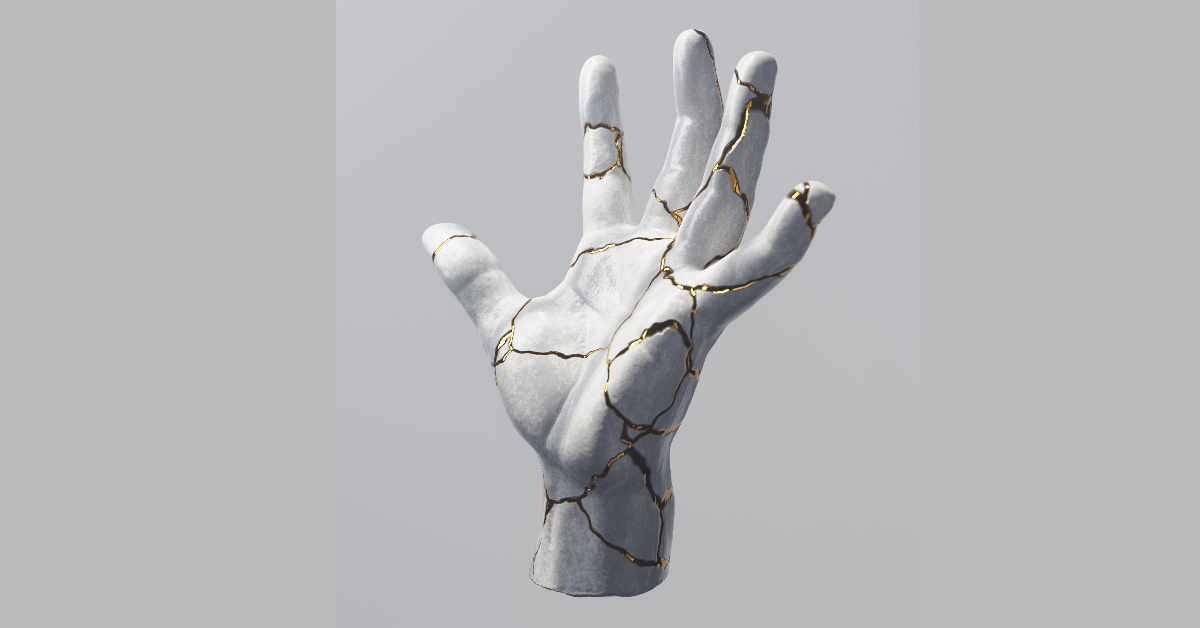TRIGGER WARNING – Rape, Sexual Assault, Violence, MST.
“As a global, and survivor-led, movement against sexual violence, we are dedicated to creating pathways for healing, justice, action, and leadership. If your life was forever changed by sexual violence, you are not alone. Wherever you are in your healing journey, we are here to help” (me too. Movement)
Vanessa Guillen was stationed at Ft. Hood, Texas, when she was killed on base and her body removed by a fellow soldier, Aaron Robinson. The new Netflix documentary, I am Vanessa Guillen, honors her life while documenting both the breaking news of her death and the subsequent passing of the I am Vanessa Guillen Act of 2021. The documentary also details the emotional and physical impact of her death upon her family, as well as their fight for justice. The I Am Vanessa Guillen documentary explores how the movement echoed across social media as her story, allegations of sexual assault while serving in the United States military, resonated with both current and retired service members. While the new I am Vanessa Guillen Act reforms some military chain of command regulations, such as how reports of sexual assault will be handled by a different commander than the one directly over the affected soldier, it has no direct impact upon those who have survived previous sexual assault incidents in the United States Military.
For those who have been discharged from the military, especially when Military Sexual Trauma (MST) impacted their abilities to stay enlisted and perform their assigned duties, receiving benefits from the Veterans Affairs Administration can be an uphill battle. While some soldiers receive benefits due to direct service-connected injuries, others simply receive care based on their time served, regardless of active duty stateside or deployment status. In my particular case, it took 9 years and 3 months before I was rated with a service-connected disability, alongside my MST/PTSD diagnosis. I say this to make a point; veterans cannot access care through the VA unless they’re ‘proven’ to have claims to use benefits. Therefore, in cases such as mine, until I was rated for my disabilities, I was unable to access mental health services or other beneficial services which would have aided in my recovery from the event. What’s perhaps worse is that I’ve met multiple other American woman veterans who have had similar occurrences regarding their claims to and lack of access receiving mental healthcare.
Statistically speaking, MST is not uncommon, but the avoidance of veterans to speak about it, regardless of age, race, and gender, is prevalent due to both the experience and the stigma. While sexual assault events in the civilian sector can be delegated to local law enforcement agencies, it is not so easy to do the same when military members are connected. The Department of Justice (DOJ) should be responsible for handling such claims, though when it comes to Reserve members, such as National Guard or Airmen, there are very few regulations, if any, which protect such soldiers and would allow for an in-depth investigation. Additionally, their commanders may not be aware of how to target the issue and propose ill-fitting resolutions, such as I was, with a hardship discharge, to simply push the soldier out of the military sector.
Regardless of how it occurred, speaking about trauma is not easy. It involves reopening inner wounds and essentially making oneself bleed while trying to heal. Sexual assault cases deserve more limelight, however, even when victim shaming and blaming will undoubtedly occur. Without holding such discussions and allowing those impacted to take up space to share stories, we’re reinforcing societal norms regarding how sexual assault is viewed. Changing the narrative on this issue is an uphill battle, but necessary if change is to be accomplished. There are no reasons why those who have survived events should live in fear or not have access to services that could improve their lives other than shared preconceived ideas that discussing sex and sexual acts is a social taboo.
Often survivors of sexual assault find themselves wondering if it was deserved and often perceive that they’re not as ‘worthy’ due to stigma. Such flaws can diminish their confidence and leave them feeling vulnerable, fearful, and ultimately, alter who they are after the event from who they were before. Through embracing and accepting the vast emotions one goes through, hope can often be found. Embracing the past and embracing such a traumatic event happened, is never easy, but through acceptance can come healing. Similar to the Japanese art form of Kintsugi, where broken pottery is repaired by using gold to reseal and structure the item, so too can healing be done by survivors. Even if you’re never the same following the event which impressed trauma upon you, recovery is possible.
Through diminishing an identity of a survivor of sexual assault to that of being a victim, the power is shifted away from them as well. Survivors of shark attacks, mass shootings, and natural disasters are highly regarded in American culture as being worthy of attention, respect, and admiration. Survivors of sexual assaults, however, get interrogated about their dress, conduct, mental incapacitation, or age, as though such factors truly would make that large of a difference. Survivors of sexual assault are not only demonized in media, as we saw through the Clinton-Lewinsky scandal, but as the Me-Too Movement was gaining traction, former President Donald Trump mocked those involved. Today, however, the movement is finding traction not only within America, but across the world.
me too. Movement (metoomvmt.org)
Military Sexual Trauma – Women Veterans Health Care (va.gov)
Military Sexual Trauma (MST) | Veterans Affairs (va.gov)
Military Sexual Trauma Fact Sheet (va.gov)















